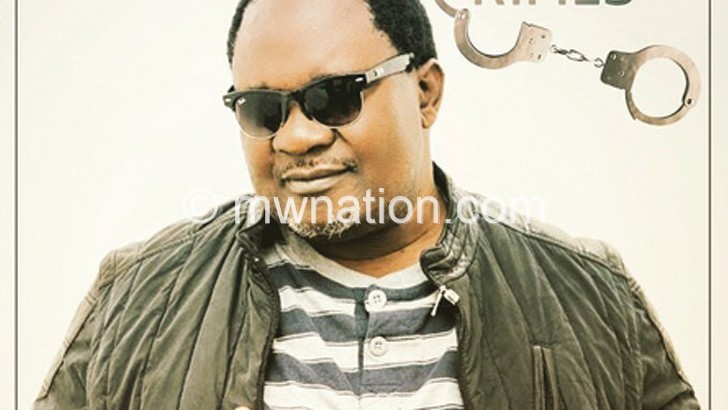Power of song in politics
In the run up to the 2004 general elections, Lucius Banda did a song, Yellow, to promote the United Democratic Front (UDF) presidential candidate Bingu wa Mutharika.
By then the phenomenon was new. Apart from the praise songs done by Mbumba za Kamuzu during the one party era, very few if any had ever done a song in a modern way meant to market a particular political brand.

It was a song which went beyond the boundaries of its primary intentions. The song became an instant party anthem which featured prominently in clubs, during weddings and some merry-making gathering. And to date, the song still appeals to a section of the populace.
Banda says: “Normally when you do such songs you need to have in mind what you want to achieve. We knew that we were promoting a candidate who was difficult to sell. So, we had a clear idea that we needed to produce a very good song.”
The song Yellow opened doors for many political praise songs. Through the years, numerous artists have followed suit. One of the most notable ones being Mose wa Lero by Joseph Nkasa which hailed late Mutharika as the latter-day Moses from the bible. Needless to add that Nkasa has subsequently done praise songs for Joyce Banda and Peter Mutharika.
Predictably, the build-up to the 2019 tripartite elections has seen an overflow of political praise songs. Driven by varied reasons, some musicians have weighed in with a song or more.
A compilation of nine songs in favour of the newly-launched United Transformation Movement (UTM) which is being led by vice president Saulos Chilima has been produced. Urban artist Dan Lufani has recently released a single Lozani Zanu praising the exploits of Mutharika.
According to Banda, the compilation is just a part of the songs from ‘the many’ which have been produced which he said can exceed hundred.
Banda who contributed one song, Tsogolo Lathu, in the compilation saying: “Every single day in the past two to three months I am receiving a new song done for Chilima. By now the songs that have been done in promoting this cause has exceeded hundred.”
The musician-cum-politician said the power of music in politics should not be undermined as music has the power to enforce belief and enforce an identity of like-minded individuals.
He cited his song Yellow which he said captured the imaginative minds even of people who had deep-rooted hatred for the United Democratic Front (UDF).
“Music is very crucial when it comes to the promotion of political brands. Elsewhere music is a key factor in promoting different ideologies. They are songs that the moment you hear them they make you feel something.
“There is a song that is used as a sig tune on Radio 1’s Zimene Mwatipempha programme. The moment you hear it, automatically you feel hungry because the song is so associated with lunch time,” he says.
Dan Lu says he felt compelled to compose the song after noting the developments that the incumbent president has managed to accomplish in a very short space of time.
Dan Lu says: “I am a Malawian first and the development that the President has done is for everyone. Presidents come and go but this development will remain with us as a people. I had nothing in mind in particular.”
The Blantyre-based artist says he did not receive a single penny from any politician to produce the song. Unlike Banda who said he made quite a good some buck then with his Yellow song.
“It came at a good cost. Some money, reasonable money exchanged hands as would happen in any trade which involves exchanging of goods. It is difficult to specifically say how much I made out of the tune because some of the payment was not done in cash,” says Banda.
Executive Dean at the Bingu School of Culture and Heritage at Malawi University of Science and Technology (Must) Robert Chanunkha says there are many motivating factors which lead musicians into producing political songs. He cited spinning money as an example, adding that others do so to exercise their democratic right.
“Other just wish to open the door to other opportunities. This class of musicians would want to boost their names to the wider audience with the hope to catch people’s attention with their creativity.
“They also assume the role of being the voice of the voiceless on matters of service delivery and governance. They may not link it to any political party,” he says.
He further argues that although the artists risk losing some of their followers or even strain their associations with fellow artists, there is all justification for musicians to touch on the political themes since they are very much part of the political trappings.
He says: “Every human being is political and it is justifiable in that sense for the musicians to be involved in political battles. For others, political battles are one of the many business niches for their livelihood.
“To others, they are opportunities for the voiceless to be heard, or for the listeners to start passionate discussions about the realities of their lives and country (past and present) and suggested directions of the future.”
As the 2019 elections draws closer, we should expect the traffic of political songs to increase by threefold as everyone will be attempting to lay a stake on the political scale.





